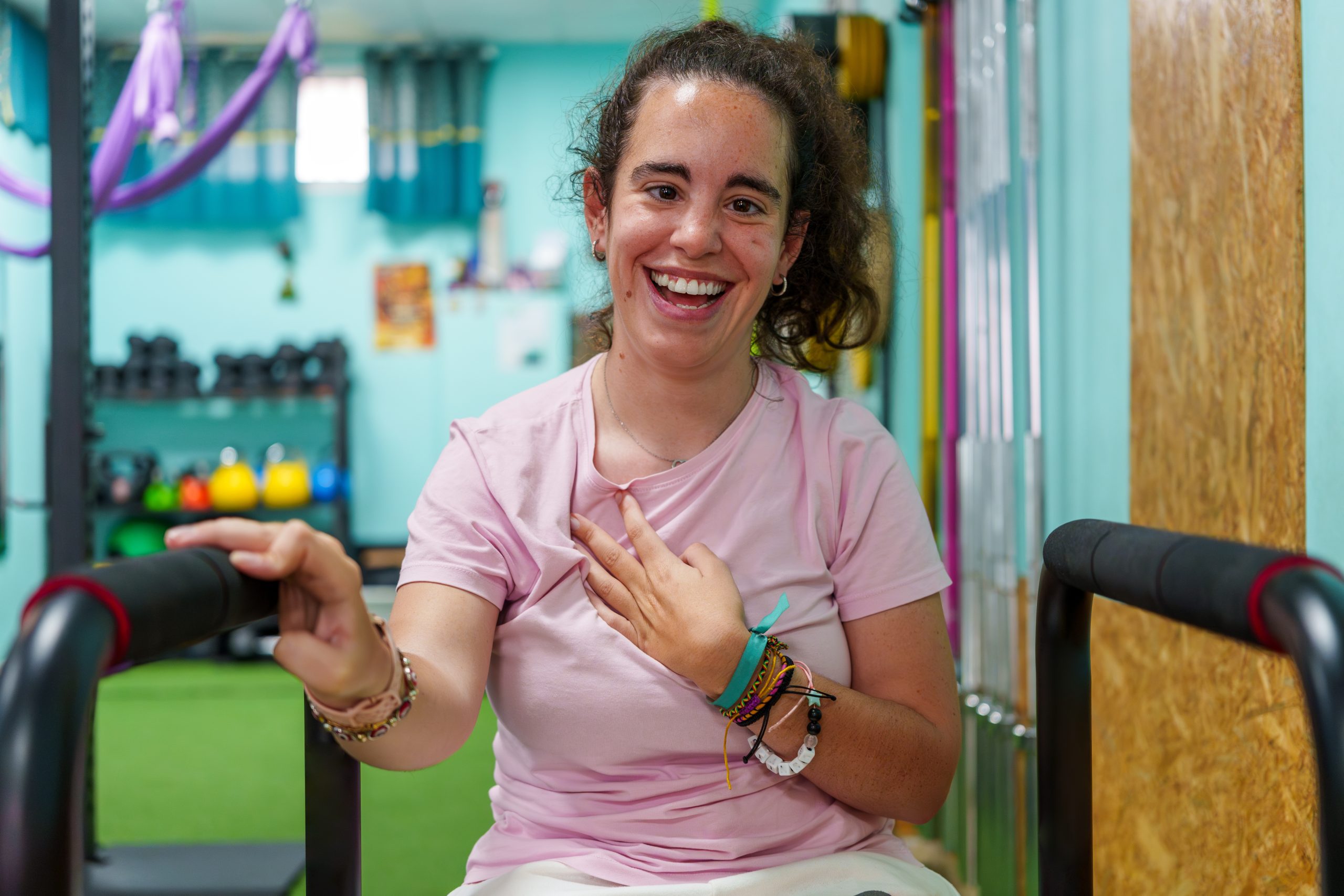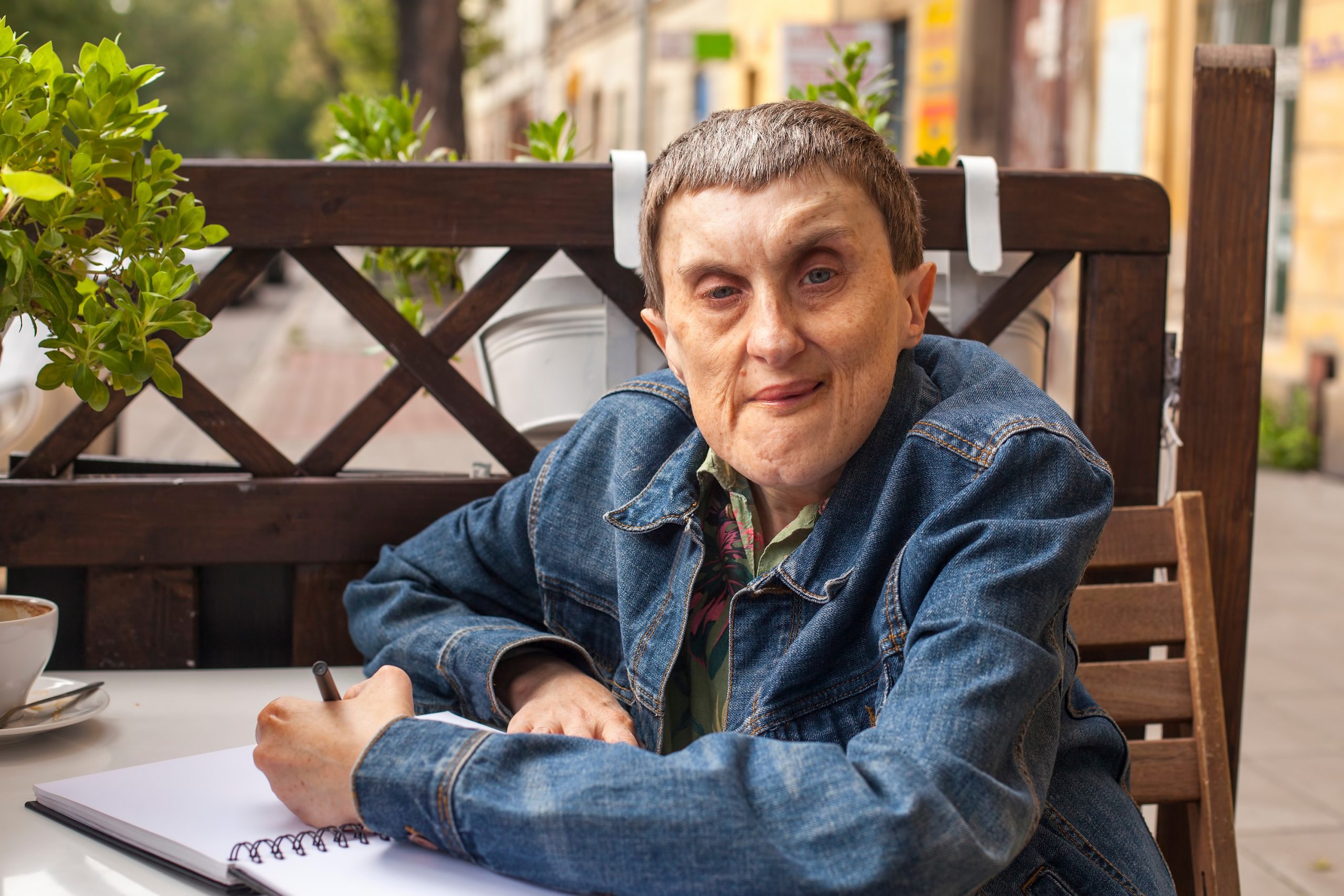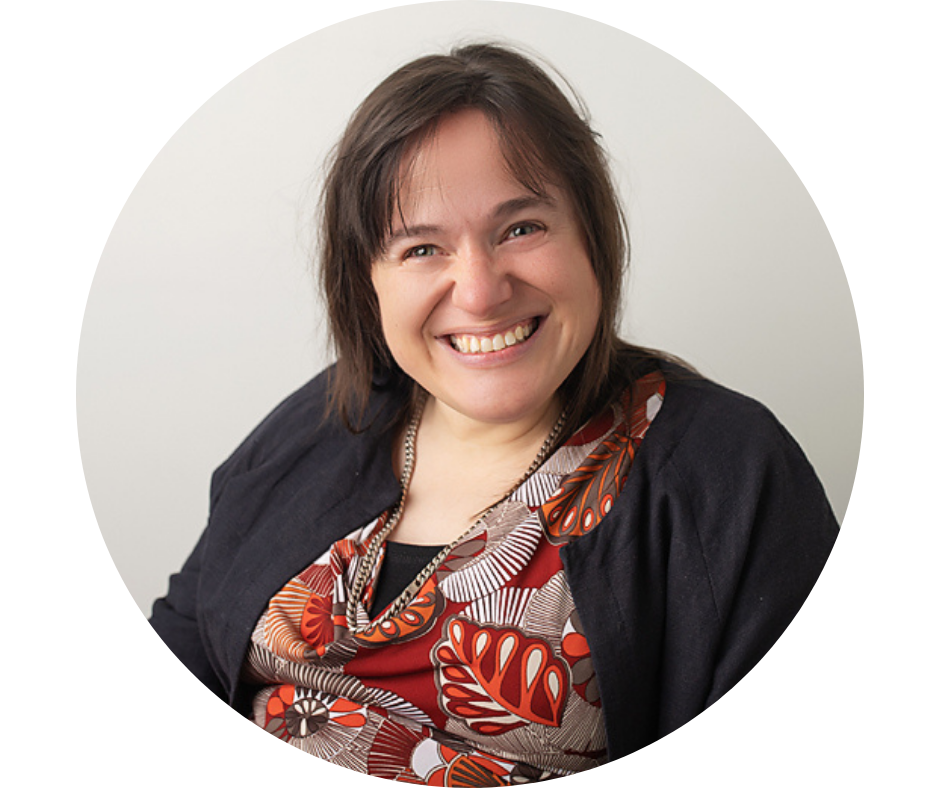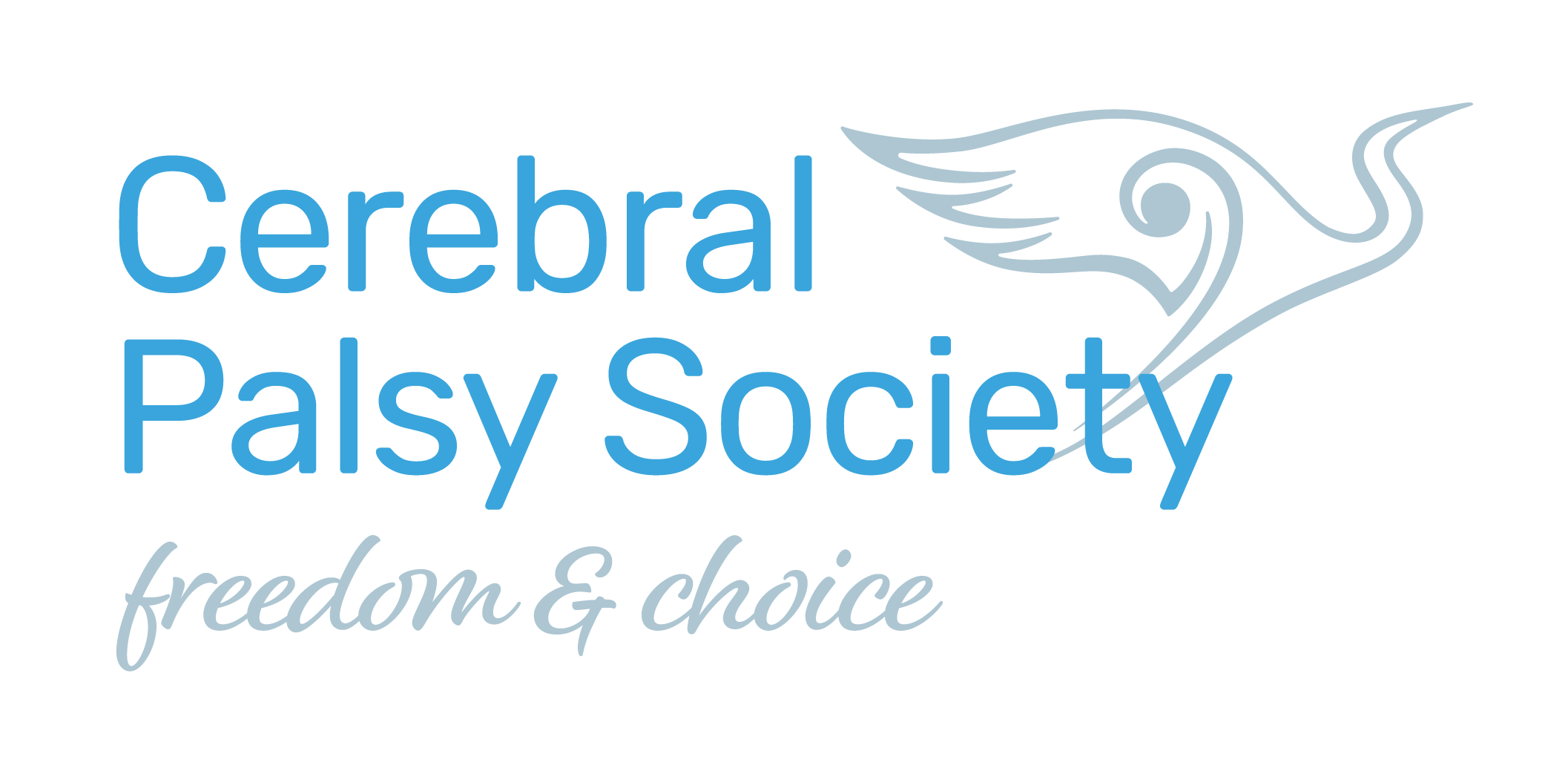Research
Adulthood: Not such a mystery
08 Sep 2025
There has been an important shift in the development of work around CP in adulthood.
By Amy Hogan
For a long time, the need to understand adulthood and Cerebral Palsy (CP) – Hōkai Nukurangi was acknowledged but not acted upon.
Conferences and seminars routinely emphasized the importance of researching adult life with CP, yet the focus would inevitably swing back to paediatrics.
That trend is finally changing. A slow but steady shift toward a lifespan approach is reshaping the way CP is understood and supported.
Experts now recognise that CP is a lifelong condition, and research and services must reflect that.
Being an adult with CP is no longer such a mystery. A growing number of research projects now explore adulthood with CP — examining topics such as healthy ageing, fatigue, pain management, mental health, and employment.

The 2025 EACD/IAACD* Congress in Heidelberg, Germany reflected this shift.
Centred on the theme “Developing Networks – Networks for Development”, the congress highlighted the power of collaboration across research, clinical practice, and lived experience.
There was strong recognition that supporting people with CP throughout their lives requires coordinated systems that grow and adapt alongside them.
Developing networks that span childhood, adolescence, and adulthood is essential — and these networks must include the voices of adults with CP to ensure services reflect the full
scope of real-life experience.
What we know
Clinically, CP is defined as nonprogressive — the original brain injury doesn’t worsen over time.
But this doesn’t mean the lived experience stays the same.
Life changes. As people take on the responsibilities of adulthood — working, parenting, managing households — the body is asked to do more, often leading to new or intensified challenges like fatigue, pain, or reduced mobility.
It’s important to understand that not all changes are negative.
Some adults with CP report improved motor control or fewer symptoms as they age.
However, for many, long-term overuse and physical stress can contribute to issues like premature ageing, arthritis, and mental exhaustion.
These aren’t caused by CP worsening, but by the body working overtime to keep up.
Global and local progress
One of the most important shifts in recent years has been the development of groups focused specifically on CP in adulthood.
These include Cerebral Palsy Grows Up (www.cerebralpalsygrowsup.org) in the United States, UP – The Adult Cerebral Palsy Movement (www.upmovement.org.uk) in the United Kingdom, and CP-Achieve (www.cp-achieve. org.au) in Australia.

These groups are/have been conducting research, offering peer support, and creating resources like adult health checklists and transition guides.
Aotearoa New Zealand is actively contributing to this progress.
Both by producing our own projects and contributing to international collaborations that examine aspects of adulthood such as health, different degrees of ageing, co-occurring conditions such as arthritis, and planning for the future. Several of these initiatives are outlined below.
New Zealand initiatives and support
In Aotearoa New Zealand the momentum to address adulthood in CP is growing strong. We have several initiatives and resources aimed at improving adult outcomes and supporting individuals through all life stages:
- Healthy Ageing Project: A research initiative led by the University of Auckland (with involvement from the Cerebral Palsy Society) focusing on adults with CP. It seeks to understand what health changes adults here experience as they age and what they consider important for staying healthy.
- Australian and New Zealand CP Strategy: Developed in collaboration with CP associations and experts across both countries, this strategy emphasizes a lifespan approach and improves life with CP by expanding research into adult health and supporting community services.
- Local resources and projects: The Living with CP page on the Cerebral Palsy Society’s website and programmes like getDriving, getOutThere, getPhysical, getThis&That and getUpAgain directly support adult members in practical ways.
- Community and peer support: Adult-focused peer groups and platforms like The Review magazine share insights and experiences that help foster understanding, community, and connection.

Turning knowledge into action
As the research grows, so does the responsibility to act on it. There are efforts that are paired with advocacy for better support across transitions — such as moving from paediatric to adult services, and from adult to aged care.
People with CP and their whānau are also helping lead this change.
Adults with lived experience are increasingly involved in codesigning research, presenting at conferences, and shaping policy recommendations. Their insight ensures that adult needs are not only recognised but centred.
If you would like further information or want to share your own experience, please email Amy at amy@cpsociety.org.nz.
EACD is the European Academy of Childhood-onset Disability.
IAACD is the International Alliance of Academies of Childhood Disability

Amy Hogan is the Cerebral Palsy Society’s Researcher and Member Support Advisor.
This article was originally published in the September 2025 edition of The Review magazine.
For more information:
Melanie Louden
Communications Manager
melanie@cpsociety.org.nz
Mobile: 022 087 819

